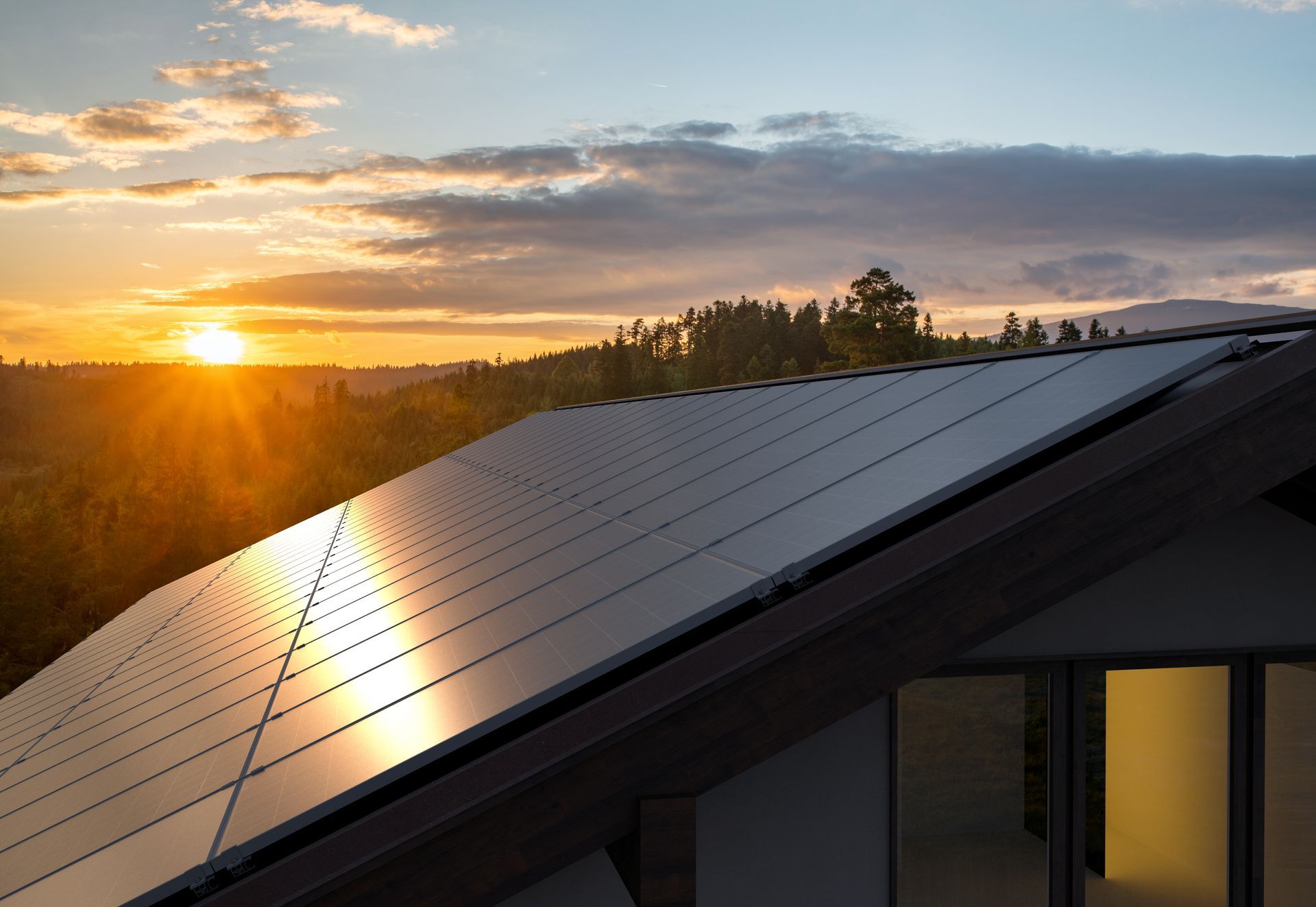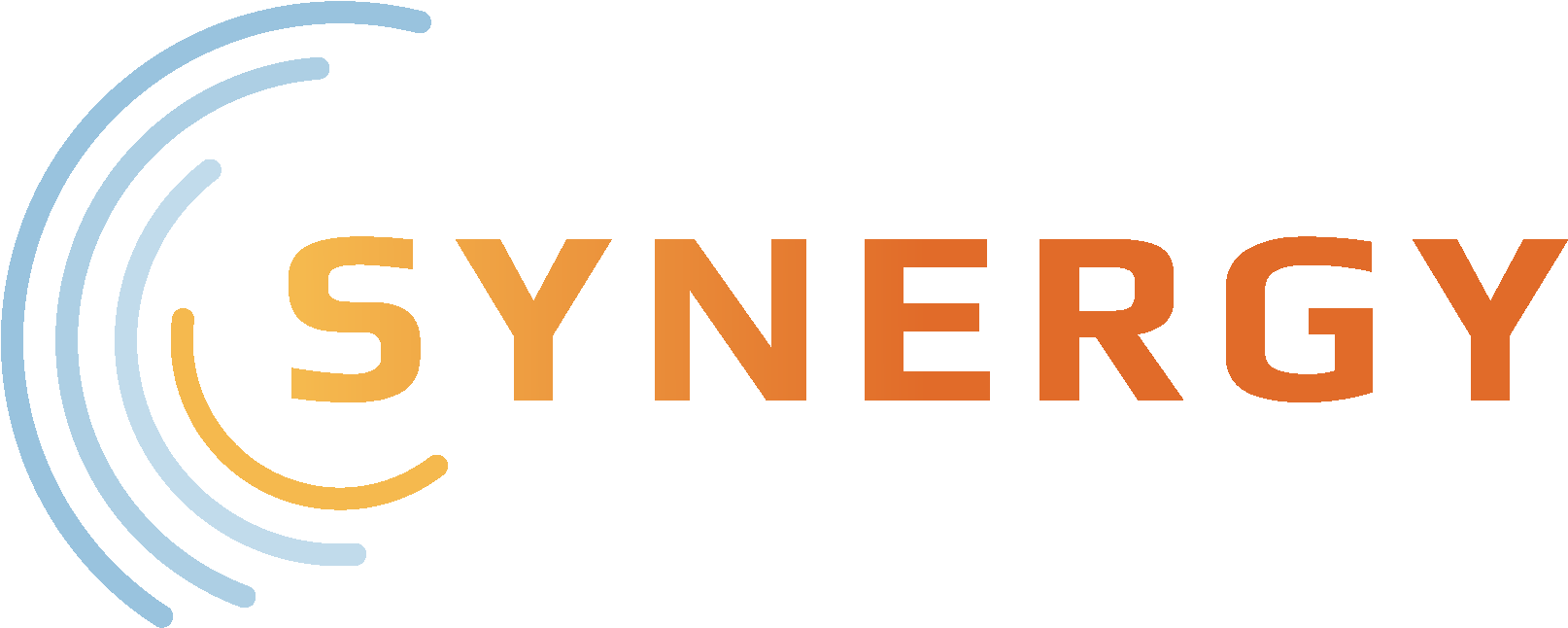Professional Solar Energy Solutions for Connecticut Homes and Businesses
Take control of your energy future with our expert solar energy solutions in Connecticut. We specialize in solar panel installation for homes and businesses, designing, installing, and maintaining high-efficiency systems that cut utility costs and promote a greener, more sustainable future.
GO SOLAR
Power Your Future with Solar Energy in Connecticut

At Synergy, we believe in a smarter, more sustainable way to power homes and businesses. With energy costs rising, solar energy in Connecticut provides a reliable, cost-effective solution that puts you in control of your electricity. Our expert team ensures a seamless transition, managing everything from solar panel installation to system maintenance.
Whether you want to lower utility bills, reduce your carbon footprint, or achieve energy independence, we design tailored solutions to fit your needs. With years of experience and a commitment to quality, we build residential and commercial solar systems that deliver long-term savings and maximum efficiency.
From home solar panels to large-scale commercial solar projects, our innovative approach guarantees clean, renewable energy with outstanding performance. Now is the time to invest in a brighter, more sustainable future—contact us today for a free quote and take the first step toward energy freedom!
SOLAR SERVICES
Solar Solutions Throughout Connecticut
Harness the power of the sun with our comprehensive solar energy services. From expert installation to ongoing maintenance, we deliver high-quality, reliable solutions designed to maximize your energy savings and sustainability.
Residential Solar Services
Synergy is your trusted partner for home solar solutions, offering seamless solar panel installation, energy storage, and EV charging integration. Whether you're looking to reduce utility costs, increase energy independence, or make your home more sustainable, our team customizes every system to maximize efficiency and achieve long-term savings.
Commercial Solar Services
Businesses across Connecticut are switching to solar as a cost-effective, sustainable way to combat rising energy costs. We design and install commercial solar systems that reduce operational expenses, stabilize electricity rates, and enhance corporate sustainability efforts. With solar energy, companies can avoid fluctuating utility rates, lower their carbon footprint, and increase long-term profitability.
Solar EV Charger Installations
With the rise of electric vehicle (EV) adoption, having a reliable charging station at home or at work is more important than ever. We provide expert EV charger installations for Connecticut homeowners and businesses, offering Level 2 home chargers for faster overnight charging and commercial-grade stations for employees and customers. Our team ensures proper installation, compliance with local codes, and seamless integration with your existing solar setup for a hassle-free charging experience.
Solar Batteries & Storage
Take control of your energy with advanced battery storage solutions that enable you to store excess solar power for use during peak hours, at night, or during outages. Our industry-leading options, including Tesla Powerwall, provide reliable backup power, reduce dependence on the grid, and help protect against rising energy costs. Whether you're looking for greater energy independence or enhanced reliability during storms, our storage solutions keep your home or business powered.
Solar Panel Repair
Ensure your solar energy system operates at peak efficiency with our expert repair services. We quickly diagnose and resolve issues such as cracked panels, inverter failures, and wiring problems. With timely repairs and thorough inspections, we restore optimal performance and ensure your system continues to produce clean, reliable energy for years to come.
Solar Maintenance
Keep your solar investment running smoothly with regular maintenance. Our services include panel cleaning, inverter checks, system monitoring, and preventive repairs to boost efficiency, prevent costly breakdowns, and extend the lifespan of your system.
WHY SOLAR
What Are the Benefits of Going Solar in Connecticut?
Switching to solar power provides long-term financial benefits, energy security, and environmental advantages. By generating your own electricity, you can reduce utility costs, protect against rising energy prices, and gain greater independence from the grid. Solar energy is a clean, renewable resource that lowers carbon emissions, promotes sustainability, and increases property value. With available incentives and advanced storage solutions, there’s never been a better time to invest in solar energy in Connecticut.
Lower Energy Costs
Generate your own electricity and reduce or eliminate your reliance on expensive utility rates.
Energy Independence
Gain control over your power source and reduce dependence on the grid, protecting yourself from price fluctuations.
Eco-Friendly
Reduce your carbon footprint by using clean, renewable energy instead of fossil fuels.
Increase Value
Homes and businesses with solar installations are more attractive to buyers and can sell at higher prices.
Gov. Incentives
Take advantage of federal tax credits, Connecticut state rebates, and net metering to make solar energy more affordable.
Reliable w/ Backup
Store excess energy and enjoy uninterrupted power during outages or peak demand periods.
Search Our Services

Questions? Contact Us
Have questions or need a quote? The Synergy team is here to help—reach out today and let’s get started!
- or -
Call our Specialists
(860) 222-0958

WHY CHOOSE US
The #1 Choice for Energy Solutions in Connecticut
★★★★★ 4.9
With over 25 years of experience, Synergy has built a reputation for delivering top-quality solar, HVAC, and electrical services across Connecticut. We proudly serve homeowners and businesses with expert installations, energy-efficient solutions, and dedicated customer support. Our 4.9-star customer rating reflects our commitment to excellence, reliability, and long-term satisfaction.
GET STARTED
Get Started with Solar Today!
Making the switch to solar has never been easier. At Synergy, we guide you through every step of the process, from consultation and design to installation and maintenance, ensuring a seamless transition to clean energy. With customized solutions for homes and businesses across Connecticut, we help you maximize savings, take advantage of incentives, and achieve energy independence.
Contact us today for a free consultation and start harnessing the power of the sun!
Questions? Call our office today!
(860) 222-0958
Schedule An Appointment
Fill out the form below to schedule your consultation, and one of our solar specialists will be in touch to discuss your options. Let’s make the switch to clean, renewable energy together!
Solar
Thank you for contacting us.
We will get back to you as soon as possible.
Please try again later.
